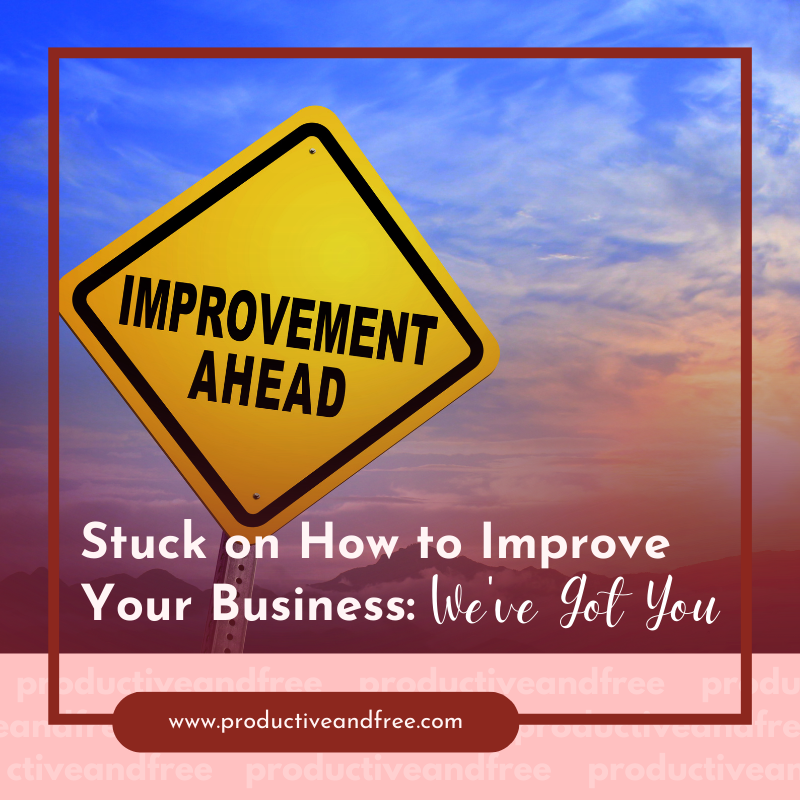How Managers Should Consider the Link Between Emotional Wellbeing & Productivity
It's becoming pretty darn clear that how people feel at work has a direct impact on how well they perform, which means managers who ignore this connection are missing a huge part of what makes teams function properly. You can have all the processes and systems in place that you want, but if your staff are struggling emotionally or mentally, productivity is going to take a hit no matter what else you do.
The difficulty, though, is that emotional wellbeing isn't always visible. Someone can be falling apart inside while still showing up and going through the motions, and managers aren't mind readers nor should you expect to be. However, you can develop an environment where people feel comfortable being honest about how they're doing, and where support is available when they need it to slowly grow that sense of community spirit.
In this post, we’ll discuss how to manage that measure.
Signs When Someone's Struggling
You can't help someone if you don't notice they're having a hard time, and a lot of managers miss the signs because they're focused on deliverables and deadlines. Changes in behaviour are usually the first clue. There are notifiers though, such as if someone who's normally chatty becomes withdrawn, or their work quality drops, or they start calling in sick more often. It may seem unrelated but they often point to something going on beneath the surface especially if it’s sudden and combined.
It's worth paying attention to how people interact with their colleagues, because if someone's snapping at people or avoiding team activities they used to enjoy, that's often a sign they're dealing with something difficult and it might be worth bringing them in for a chat just to see how they are.
Honest Conversations
People won't tell you they're struggling if they think it'll be used against them or if the culture punishes vulnerability, and yes, unfortunately, this does happen in some businesses. As such, you need to show through your actions that it's safe to be honest about difficulties, and that asking for help won't damage someone's standing or future prospects with the company.
One on ones are useful for this if they're conducted properly, but don't just use them to check on project status. You could find it best to ask open questions about how people are finding their workload, what's on their mind, whether anything outside work is affecting them. Sometimes people need permission to bring up personal struggles and knowing that you're open to hearing about it and it’s not something that will be in their performance report can be worthwhile.
Realize The Limits of Your Role
Managers aren't therapists and it's important to remember that boundary, because trying to solve someone's deep personal issues yourself can do more harm than good, and it might come across as you interfering. Your job is to be supportive and to connect people with proper help when they need it, and especially to consider that in a work context. You’re not a counsellor, there are professionals who are trained for that work, and pointing people towards them is the responsible thing to do.
Some companies bring in external support services or offer chaplain training for some staff members who can provide emotional and spiritual care in the workplace. Having someone available who's trained to handle these conversations can also take the pressure of you, when you’re worried about making any issue worse.
Adjusting Workloads
Sometimes productivity drops because your staff member has genuinely too much on their plate, or they're dealing with something in their personal life that's eating up their emotional energy. For example, if someone's going through a bereavement, a relationship breakdown, health issues, or caring responsibilities, their ability to be focused on work is going to be affected and pretending otherwise doesn't help anyone.
Having conversations about workload and being willing to temporarily reduce expectations or perhaps even divide out some tasks shows that you value the person, not just their output. That’s not a permanent solution but it can be a crutch in the right place.
Having Healthy Boundaries Yourself
If you're constantly working late, responding to emails at all hours, and never taking time off, you're setting a precedent that everyone else feels they need to follow and they might even feel bitter because you seem to expect that standard, even if you don’t!
Your team watches what you do more than what you say, and if your behaviour suggests that burning out is just part of the job, they'll either try to match that pace or they'll leave for somewhere that treats wellbeing more seriously, so be very careful.
It’s All About Culture
You have to structure teams that look out for each other and notice when someone's having a hard time, even if that only happens once every few years. Encouraging people to check in on their colleagues, make sure any celebratory personal milestones are celebrating alongside work achievements too, and it’s okay to be a little informal and not overly strict.
The Real Metrics
If you're only tracking productivity metrics like tasks completed or hours logged, you're missing a huge part of the picture. Remember that some virtues like retention rates, sick days, engagement scores, and how people talk about the company are all great and gives an insight into whether your approach to wellbeing is working or not.
Exit interviews can be particularly worthwhile to know, especially if people feel safe being honest about why they're leaving. Often, it's not about the work itself but about feeling unsupported or burnt out or undervalued. If you have metrics in place to track when someone might feel that way, such as by not contributing to anything culture related or feeling unsupported in their role, then that’s going to help you improve wellbeing. If you make a clear and earnest effort then people will trust your effort.
With this advice, we hope you can more easily balance the link between emotional wellbeing and productivity.
Share in the comments below: Questions go here
































